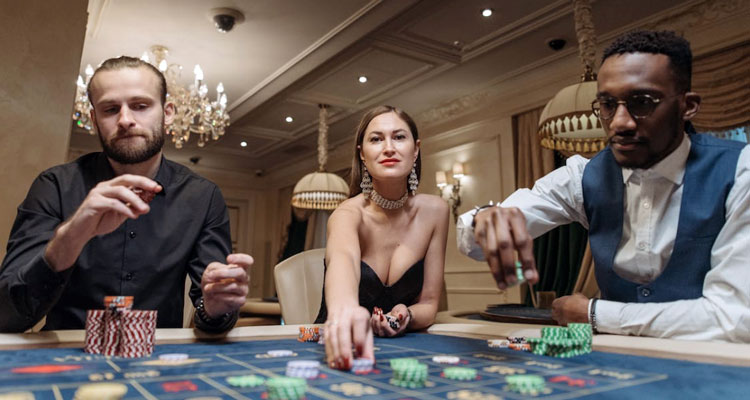The realms of sports and video gaming might seem worlds apart, but at the psychological level, they share a core attribute: the necessity for mental endurance and patience. This article explores the intriguing parallels between enduring physical exertion in sports and maintaining patience in the immersive virtual environments of video games.
Mental resilience in physical and digital arenas
Endurance in sports is not merely about physical stamina but also about mental toughness—the ability to push through pain, fatigue, and adversity. Athletes must remain focused and motivated over extended periods, whether it’s during a single marathon or throughout a sports season. This mental endurance enables them to perform consistently, manage stress, and recover from setbacks.
Similarly, patience in video gaming is critical, especially in strategy and role-playing games (RPGs) where long-term planning and slow-paced achievements are central. Gamers must manage frustration, stay committed despite challenges, and persistently pursue their goals. This patience is comparable to an athlete’s endurance but manifests in a cognitive and emotional instead of physical form. An example of this is seen in the gaming world at platforms like Nine Casino, where users often need to exhibit both strategic patience and mental fortitude akin to that in sports, especially when navigating through complex games or managing their accounts via the nine casino login process.
Both athletes and gamers engage in what psychologists call “delayed gratification,” a mental exercise of resisting the temptation for an immediate reward in favor of a later, potentially greater reward. Research in psychology has linked delayed gratification with success in various domains of life, including education, careers, and personal health.
Neurological underpinnings and skill transfer
The neurological basis for endurance and patience also overlaps significantly. Both activities stimulate the brain’s prefrontal cortex, the area responsible for decision-making, strategic thinking, and impulse control. Regular engagement in these activities can enhance cognitive flexibility, problem-solving skills, and emotional regulation.
Studies have shown that both physical activities like sports and cognitive challenges like video games can increase the production of neurochemicals such as endorphins and dopamine. These chemicals boost mood, improve attention, and increase the sense of accomplishment. Moreover, both types of activities can lead to what’s known as a “flow state,” a feeling of energized focus, full involvement, and enjoyment in the process of the activity.
Interestingly, the skills honed in one domain can often benefit the other. Athletes may find that the strategic thinking and patience learned in sports improve their gaming skills, particularly in games that require careful planning and sustained attention. Conversely, gamers may find that the concentration and mental endurance developed in gaming enhance their sports performance, particularly in how they cope with psychological pressures during competition.
Broader implications of mental stamina
The synthesis of endurance in sports and patience in video games illustrates a broader principle: that mental stamina is a versatile skill that plays a crucial role in both physical and digital challenges. Understanding and cultivating this attribute can lead to improved performance in a wide range of activities, better stress management, and greater overall resilience.
As we continue to explore the psychological commonalities between seemingly disparate activities, we can better appreciate how diverse practices contribute to mental health and well-being. Whether on the field or in front of a screen, the lessons learned from both worlds are valuable and mutually enriching.
This exploration into the common psychological ground between sports and gaming not only broadens our understanding of human performance but also highlights the universal nature of certain mental skills, emphasizing the interconnectedness of our physical and digital lives.

